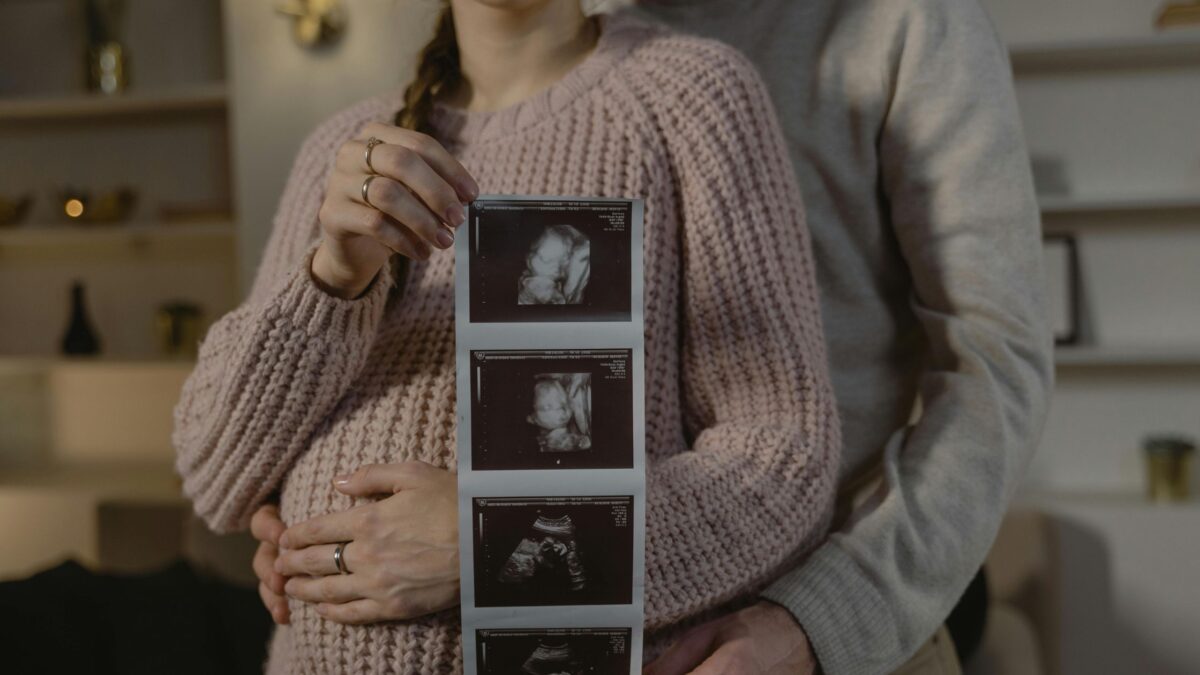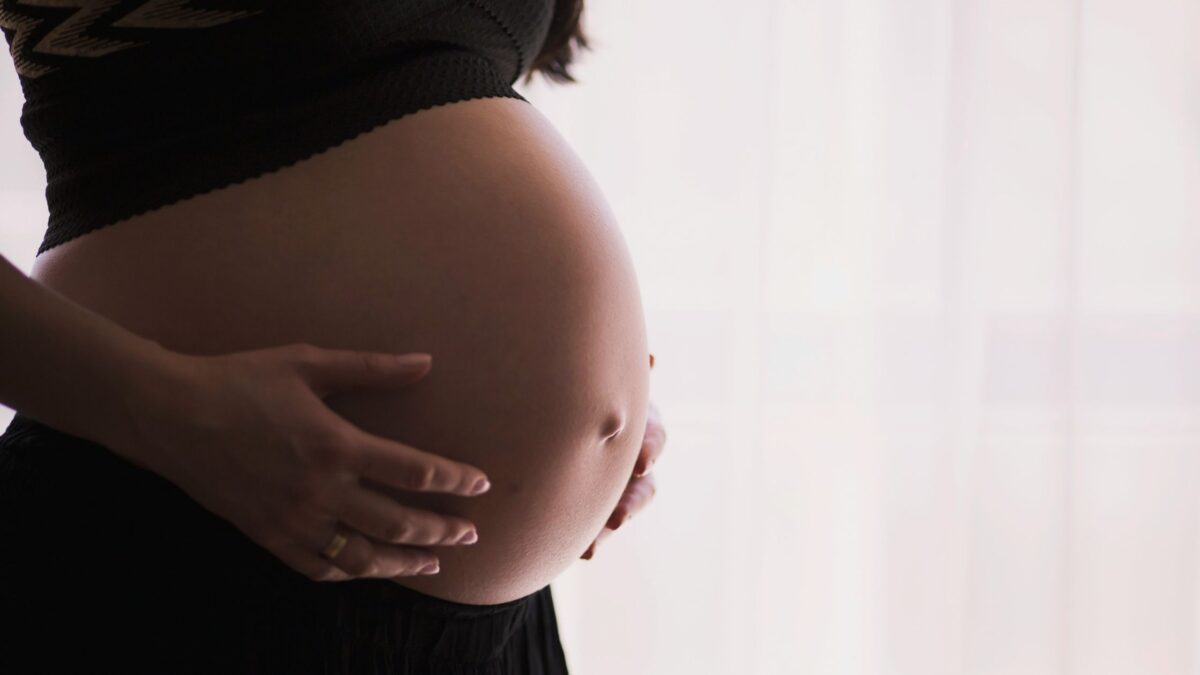One of my dear childhood friends got married last week and, as weddings so often go, many tears of joy were shed. As for me, emotions ran high when her little brother walked down the aisle as the ring bearer. He’s an incredible guy–about to start high school, has the best sense of humor and some killer dance moves. He also has Down syndrome.
At the reception, he waved my husband and me down, and we followed him outside, where he basically challenged us to a dance-off. We both lost miserably.
It had been a while since I had spent time with him, but there, on our own little dance floor, set apart from the rest, this young man reinforced an already strong view I hold– that every single life has value and no person is a mistake.
Yesterday, I read an article entitled, “What kind of society do you want to live in?: Inside the country where Down Syndrome is disappearing.” The CBS News article, written by Julian Quinones and Arijeta Lajka, highlights the rise in prenatal screenings in Europe and the United States.
The screenings have caused a drastic decrease in the number of babies born with Down syndrome. This does not mean doctors have gone into the womb and taken away the additional chromosome–far from it. The article boasts the tragic reality that “Since prenatal screening tests were introduced in Iceland in the early 2000s, the vast majority of women — close to 100 percent — who received a positive test for Down syndrome terminated their pregnancy.”
Sign a petition to save children in Iceland!
The test, called the Combination Test, enables a woman to see if her child will have any chromosome abnormalities. In Iceland, the government states that “all expectant mothers must be informed about availability of screening tests, which reveal the likelihood of a child being born with Down syndrome.”
According to the article, out of the 80 to 85 percent of pregnant women who opt to take the test, nearly all who test positive have chosen abortion. In fact, only one or two babies are born with Down syndrome in a given year. The United States, unfortunately, isn’t that much better, with a termination rate for children with Down syndrome of 67 percent.
Seven-year-old, Agusta, photographed above, was one of three children with Down syndrome born in Iceland in 2009. Her mom, who is now an advocate for those with Down syndrome, hopes that her daughter “will be fully integrated on her own terms in this society.” She says, “That’s my dream. Isn’t that the basic needs of life? What kind of society do you want to live in?”
In Iceland, women whose children have a Down syndrome diagnosis are being counseled by healthcare professionals with a method that is, at best, manipulation. Helga Sol Olafsdottir says that when she speaks with women who are deciding whether or not to have an abortion she says: “This is your life — you have the right to choose how your life will look like.”
She goes on, “We don’t look at abortion as a murder. We look at it as a thing that we ended. We ended a possible life that may have had a huge complication… preventing suffering for the child and for the family. And I think that is more right than seeing it as a murder — that’s so black and white. Life isn’t black and white. Life is grey.”
She’s right — Life is often grey, in the sense that it is messy and not always cut-and-dry. More importantly, our response to “messiness” should never be the taking of a human life. And as I watched my friend’s little brother dance without a care, I realized that life doesn’t need to be cut-and-dry, it doesn’t need to be boring, it doesn’t need to be expected. Because, I realized, life is actually best in full color.
I don’t mean to downplay the challenges that come with loving and caring for someone with Down syndrome. It is a given that there will be struggles, because every human life is complex and carries hardships, brokenness, barriers, and pain.
But these things do not, and should never, define the value of someone’s life or alter their right to simply exist.
[gravityform id=”22″ title=”true” description=”true”]













